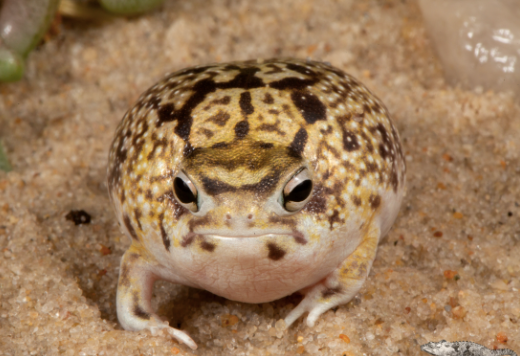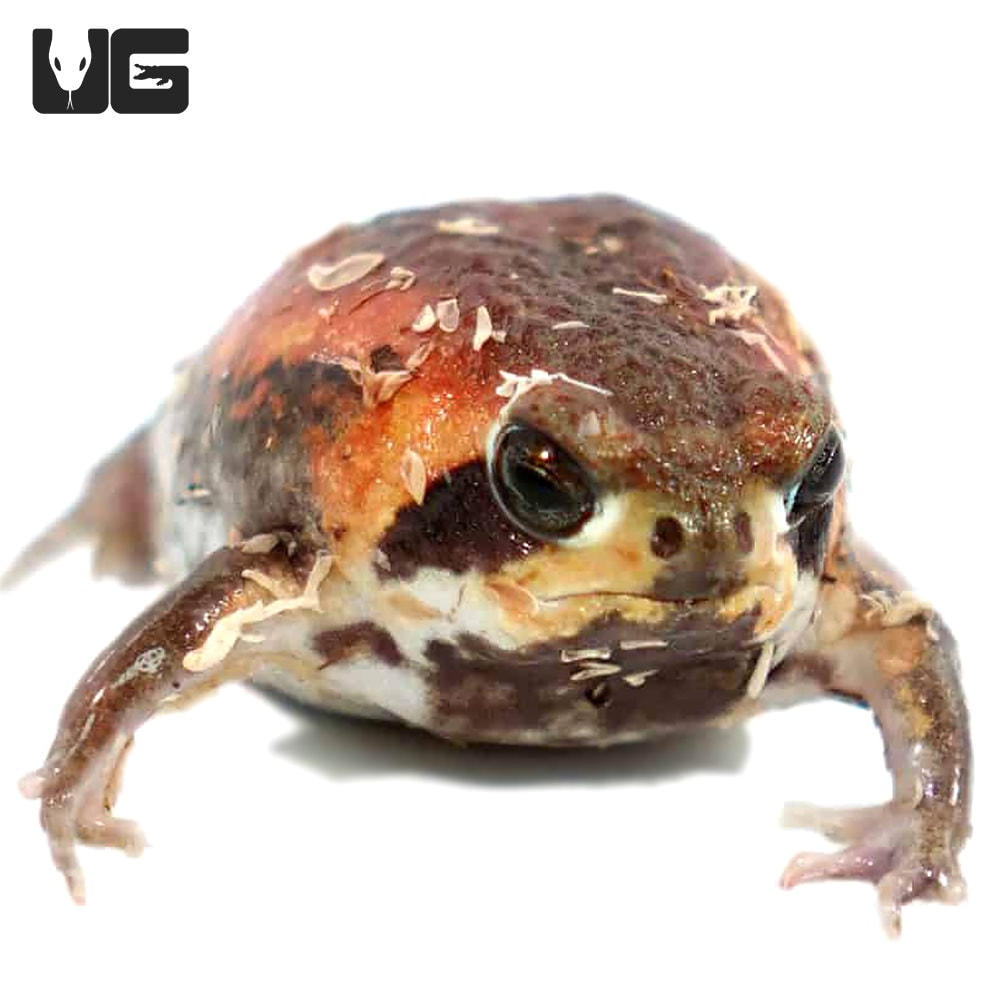Discover Unmatched Charm: Rain Frog for Sale Awaits to Enrich Your Life!
Discover Unmatched Charm: Rain Frog for Sale Awaits to Enrich Your Life!
Blog Article
Common Health Issues in Reptiles: Symptoms and Solutions
In the detailed world of reptile care, recognizing the common wellness concerns that may influence these special creatures is paramount in ensuring their well-being. Whether it's grappling with parasitical problems, navigating dehydration issues, or addressing skin conditions that show up in subtle methods, being attuned to the signs and symptoms and equipped with the knowledge of effective remedies is important for any kind of reptile owner.
Respiratory System Infections
Respiratory system infections in reptiles can significantly impact their overall wellness and need punctual focus from skilled vets. These infections are typically triggered by germs, infections, or fungis and can show up through symptoms such as hissing, nasal discharge, open-mouth breathing, and lethargy. In reptiles, respiratory infections can be specifically challenging to identify and deal with due to their distinct composition and physiology. Vets commonly depend on a combination of physical exams, analysis imaging, and lab tests to precisely recognize the underlying reason for the infection.
Treatment for respiratory system infections in reptiles normally involves a combination of encouraging treatment, such as maintaining appropriate moisture levels and temperature level gradients in the enclosure, as well as targeted medicine to address the details virus responsible for the infection. It is vital for reptile owners to check their family pets very closely for any type of indicators of breathing distress and seek veterinary treatment at the earliest indication of a concern. With prompt intervention and proper therapy, many reptiles can recover totally from respiratory infections and return to normal activities.

Metabolic Bone Condition
What elements contribute to the development of Metabolic Bone Illness in reptiles?
Metabolic Bone Disease (MBD) in reptiles is primarily caused by an absence of appropriate calcium, phosphorus, and vitamin D3 degrees in their diet. In addition, poor exposure to UVB light stops reptiles from synthesizing vitamin D3, which is critical for calcium absorption and bone wellness.
Other contributing variables to MBD include improper temperature level slopes within the reptile's habitat, bring about decreased metabolism and impaired calcium absorption. Insufficient moisture degrees can additionally affect a reptile's capability to metabolize calcium properly. Furthermore, certain reptile species have specific dietary demands that, otherwise satisfied, can raise the possibility of developing MBD. Routine vet check-ups, appropriate husbandry practices, and a balanced diet plan are vital to protect against Metabolic Bone Disease in reptiles.
Parasitic Problems
Parasitical problems posture a significant health and wellness danger to reptiles, influencing their overall well-being and requiring timely vet interest. Reptiles can be influenced by numerous bloodsuckers, consisting of termites, ticks, inner worms, and protozoa. These bloodsuckers can create a series of signs and symptoms, such as directory weight reduction, lethargy, skin irritation, diarrhea, and even fatality if left neglected.
One common bloodsucker found in reptiles is the mite, which can cause skin anxiety, anemia, and irritation. Ticks are one more outside parasite that can trigger and transfer conditions pain to the reptile. Interior bloodsuckers like worms and protozoa can lead to gastrointestinal problems, malnutrition, and weaken the reptile's body immune system.
To identify a parasitic infestation, a vet might carry out fecal examinations, skin scrapings, or blood tests. Therapy frequently includes deworming medicines, antiparasitic baths, or in extreme situations, a hospital stay. Preventative actions such as regular veterinary exams, appropriate hygiene, and quarantine procedures for new reptiles can assist minimize the threat of parasitical invasions and ensure the health of reptile family pets.
Dehydration and Hydration Issues
Dehydration in reptiles can significantly affect their health and wellness and well-being, necessitating prompt treatment and suitable hydration monitoring. Reptiles are vulnerable to dehydration because of different variables such as insufficient water intake, high ecological temperatures, and particular health and wellness problems. Signs and symptoms of dehydration in reptiles consist of sunken eyes, sleepiness, loss of skin elasticity, and lowered peeing. Dehydration can lead to severe health and wellness issues and even be deadly to the reptile - rain frog for sale. if you can try these out left untreated.
To avoid dehydration, reptile proprietors need to ensure that their pet dogs have access to tidy water in all times. The water meal should be big enough for the reptile to take in if needed, specifically for varieties that absorb water via their skin. In addition, preserving appropriate moisture levels in the reptile's enclosure and giving regular baths can help protect against dehydration.
In cases of dehydration, it is important to look for vet treatment promptly. A vet might provide liquids either by mouth or via injections to rehydrate the reptile. It is necessary to address the underlying root cause of dehydration to prevent recurrence and guarantee the reptile's overall wellness.
Skin Conditions

Verdict

Respiratory infections in reptiles can substantially affect their general health and wellness and need this timely attention from experienced veterinarians (rain frog for sale). Preventative measures such as normal veterinary exams, appropriate health, and quarantine procedures for new reptiles can help reduce the threat of parasitic invasions and make certain the wellness of reptile animals
If left without treatment, dehydration can lead to serious health concerns and even be deadly to the reptile.
Regularly checking your reptile for any changes in skin appearance, color, or structure can assist in very early discovery and therapy of skin conditions, advertising the total health and wellness and health of your scaly friend. - rain frog for sale
In verdict, reptiles are prone to numerous health issues such as breathing infections, metabolic bone illness, parasitic invasions, dehydration, and skin ailments.
Report this page